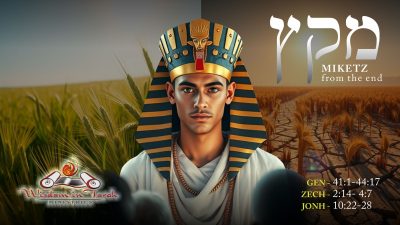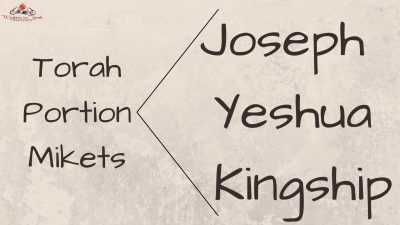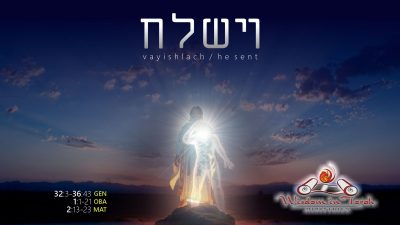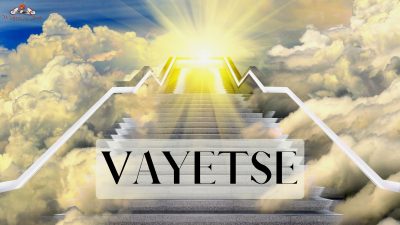Lexical Information
Old Testament
שָׁכַן (šākan). vb. to settle down, dwell. To settle on or inhabit or dwell at some location.
This verb signifies dwelling or staying in a particular location. It is often used of humans; for example, in Gen 26:2 God tells Isaac to “dwell (šākan) in the land which I will show to you.” It is also often used of God. He is said to dwell (šākan) on high (Isa 33:5), to dwell (šākan) in thick darkness (1 Kgs 8:12) and to dwell (šākan) eternally (Isa 57:15). This verb is also used to refer to God’s glory or presence dwelling upon the earth; for example, the glory of Yahweh (כְּבוֹד יְהוָה, kĕbôd YHWH) dwelled (šākan) on Mount Sinai when God gave the law (Exod 24:16). The tabernacle was built to be the place God dwelled (šākan) among His people (Exod 25:8; 29:45–46). Later, the temple was where God’s name dwelt (šākan) (1 Kgs 6:13); it was the place he chose for his name to dwell (šākan; Deut 12:5, 11), on Mount Zion (Joel 3:17), in Jerusalem (Psa 135:21). For the presence of God to dwell with his people, they need to meet certain conditions (Ezek 43:9). Some prophets foresaw God’s presence returning to dwell (šākan) in Zion (e.g., Ezek 43:7; Zech 2:10–11; 8:3).
מִשְׁכָּן (miškān). n. masc. tabernacle, dwelling place. The mobile temple built for God to dwell among his people.
This word is derived from the verb שָׁכַן (šākan, “to dwell”). It sometimes refers to a tent or other place where humans dwell (e.g., Song 1:8, Isa 22:16), but it often refers to the tabernacle, a portable tent-shrine for God to dwell in. The tabernacle (miškān) was made as a sanctuary according to a plan God showed Moses on Mount Sinai, so he could dwell (šākan) among his people (Exod 25:8–9; 26:30). At its dedication and when it was set up in the desert, it was filled with the glory of Yahweh (כְּבוֹד יְהוָה, kĕbôd YHWH) and a cloud (עָנָן, ʿānān) covered it (Exod 40:33–35; Num 9:15–17; Psa 26:8). Due to Israel’s wickedness, God’s presence abandoned the tabernacle at Shiloh (Psa 78:58–60). Ezekiel prophesied that God would again have a tabernacle (miškān) among his people (Ezek 37:27).
מִקְדָּשׁ (miqdāš). n. masc. sanctuary, sacred place. Refers generally to any religious shrine, but frequently refers to a place where God dwells, such as the tabernacle or temple.
In Exodus 25:8–9, Yahweh commands Moses to make him a sanctuary (miqdāš) where he can dwell among the people of Israel. Exodus 15:17 refers to the mountain that God made for himself to inhabit as a miqdāš. The tabernacle and the temple both could be called a miqdāš (Lev 16:33; 1 Chr 22:19). While miškān could be used for any dwelling, miqdāš explicitly indicates a sacred place where the divine presence would dwell.
כְּבוֹד יְהוָה (kĕbôd YHWH). n. construct phrase. The glory of Yahweh. The brilliance of the divine presence.
The glory of Yahweh appears several times to show God’s presence among his people. It appears in a cloud (עָנָן, ʿānān) for Israel to see (Exod 16:7–10) and rests on Mount Sinai like a consuming fire (אֵשׁ, ʾēš; Exod 24:16–17). It appears to Moses and Aaron personally (Num 20:6; Exod 33:18–23). The glory of Yahweh rested in the tabernacle when it was dedicated to sanctify it (Exod 29:43), and similarly came upon the temple when it was dedicated (1 Kgs 8:11; Psa 26:8). Ezekiel saw it leave the temple at the exile (Ezek 10:4–19; 11:23) and saw its return in a vision (Ezek 43:1–7; 44:4). Other prophecies say the earth will be full of God’s glory (Num 14:21) and people will see it (e.g., Isa 35:2; 40:5; Psa 102:16).
Austin, B. M. (2014). Divine Presence. D. Mangum, D. R. Brown, R. Klippenstein, & R. Hurst (Eds.), Lexham Theological Wordbook. Bellingham, WA: Lexham Press.








Thank you Rico! Now I see the parallel with the descending flames on Pentecost representing the Holy Spirit taking up its home !
Refreshing teaching today, Brother Rico. I always learn something enlightening from you!
Great message Rico. So much to really understand from context – indwelling vs sealed. Thank you!